Mastering the Classical Era in Civilization VII: Advanced Strategies to Rise with City-States and Lay the Foundations of Empire
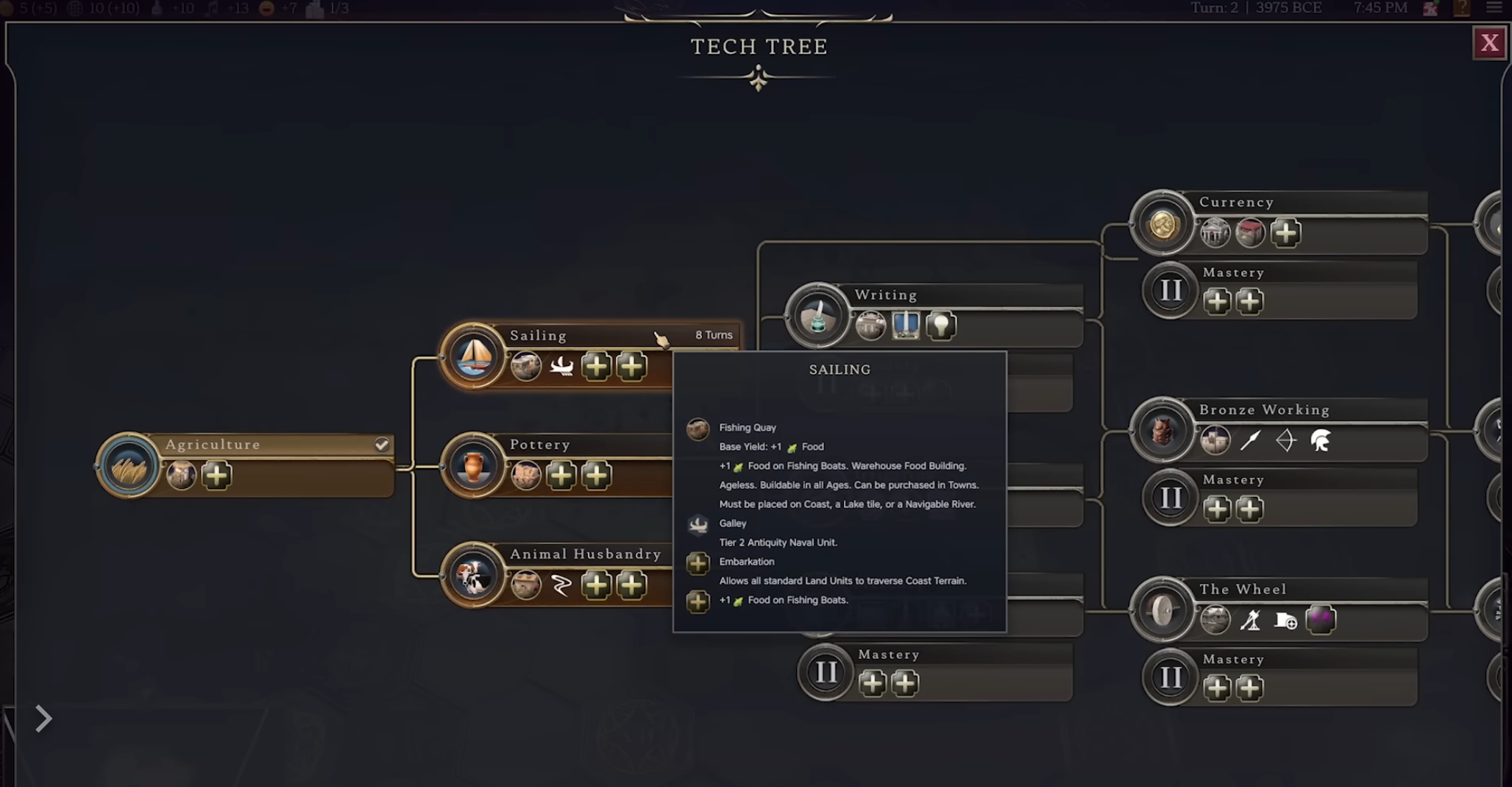
The Classical Era in Civilization VII marks a pivotal transition from early survival to structured society, where foundational choices shape the trajectory of your civilization for the ages. It’s a time of exploration, rapid development, and critical decisions that echo far into the future. In this comprehensive guide, we’ll dive deep into advanced Classical Era strategies—covering everything from city-state diplomacy to unit optimization, early infrastructure, and the all-new Legacy Paths system.
If you're looking to dominate the Classical Era, rise alongside city-states, and establish a rock-solid foundation for your empire’s long-term success, this guide is packed with strategic insights to give you the edge.
Part 1: Understanding the Classical Era
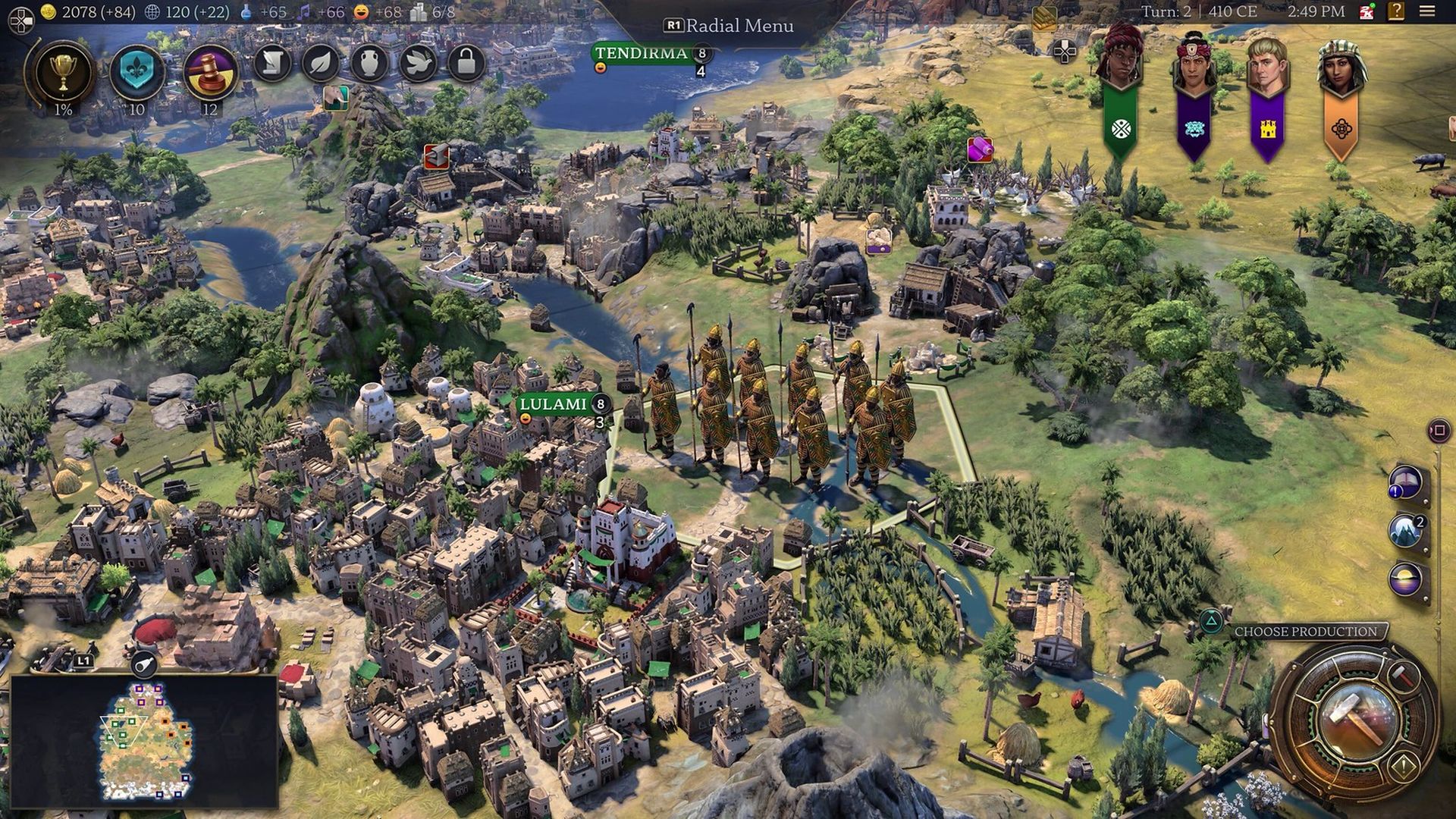
1.1 Historical Setting and Gameplay Reflection
The Classical Era—roughly 4000 BCE to 500 CE—was the dawn of human civilization as we know it, seeing the rise of city-states, early empires, and the birth of philosophy, art, and politics. In Civ VII, this era reflects early exploration, cultural diffusion, and military expansion. You’ll take on the role of a burgeoning civilization’s leader, navigating a world only partly revealed, forging alliances, and setting the tone for your future ambitions.
1.2 Key Technologies and Civics
Foundational techs and civics in this era unlock vital tools and capabilities:
- Techs:
- Animal Husbandry: Unlocks horses and pastures
- Mining: Enables resource extraction and production
- Pottery: Grants access to granaries and cultural structures
- Writing: Opens libraries and envoys
- Philosophy: Key to the Oracle wonder and Great People generation
- Civics:
- Code of Laws: Establishes early policy card slots
- Military Tradition: Boosts military unit production
- Oligarchy: Great for early military dominance
- Classical Republic: Ideal for balanced city growth
Mastering these unlocks helps build a stable economy, culture output, and the military muscle to stay ahead.
1.3 Signature Units and Buildings
- Units:
- Cavalry: Ideal for fast scouting and flanking
- Archers: Key to early ranged combat
- Unique Civ Units: Ex. Rome’s Legions, Sumer’s War-Carts
- Buildings:
- Granaries: Boost food storage and growth
- Monuments: Provide cultural momentum
- Libraries: Increase science output
- Civ-Specific Early Buildings: Unique boosts per civ
Effective use of these can kickstart your empire’s growth and defend against early threats.
1.4 Key World Wonders
Classical-era wonders can offer major power spikes:
- Stonehenge: Early religion edge
- Hanging Gardens: Growth acceleration
- Pyramids: Extra builder charges
- Oracle: Great People and inspirations
- Temple of Artemis: Food and housing bonuses
Building even one of these can shift your game trajectory significantly.
1.5 Early Legacy Path Planning
Choosing a Legacy Path early defines your empire’s identity:
- Military – "Iron Legion": Boosts unit strength and production; great for warmongering
- Economic – "Golden Age": Enhances gold income and trade routes
- Cultural – "Artistic Awakening": Accelerates civic unlocks and Great Person points
- Urban – "City-Building Drive": Improves food and amenities for growth
Part 2: Advanced Classical Era Strategies
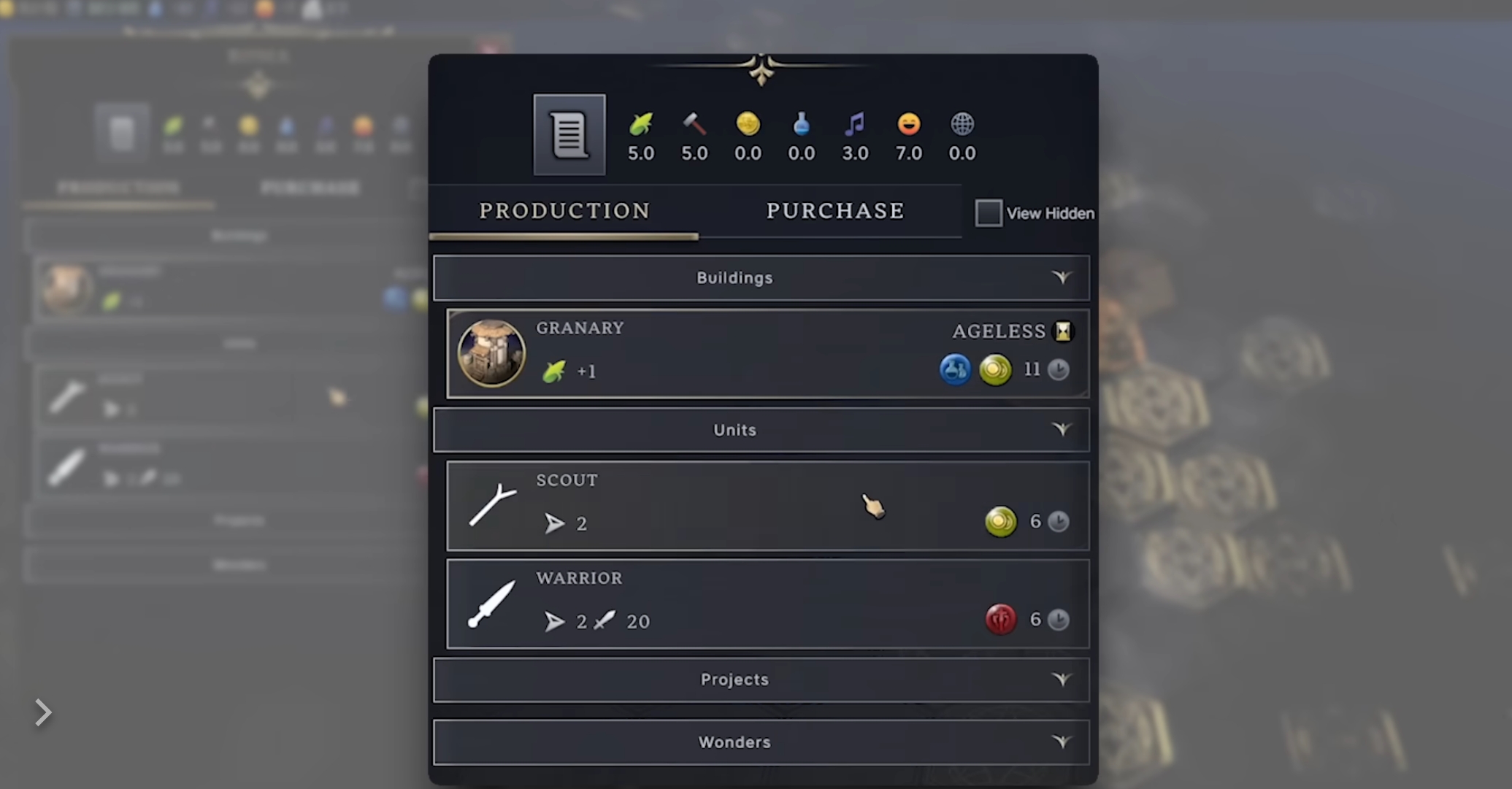
2.1 Economic Development and Resource Optimization
- Prioritize improvement of strategic resources like horses and iron
- Use domestic and international trade routes to gain gold and relationships
- Build early Commercial Hubs or Harbors
- Avoid over-expansion by managing Amenities via luxuries or Entertainment Districts
2.2 Military Strategy and Defense
- Use Cavalry to scout and secure terrain advantages
- Blend melee and ranged units for optimal offense/defense
- Target weak city-states or vulnerable neighbors for expansion
- Fortify cities with walls and strategic garrisons
2.3 Cultural Progress and Early Tourism
- Prioritize Monuments for civic unlock speed
- Aim for early Great Writers and Artists
- Wonders like the Temple of Artemis give early tourism
- Initiate diplomacy to open borders and prepare for cultural expansion
2.4 Research Strategy and Planning Ahead
- Tech choices should reflect your long-term goals:
- Military focus: Techs unlocking stronger units
- Economic goals: Infrastructure and trade enhancements
- Plan research to transition smoothly into the Medieval Era
2.5 Diplomacy and City-State Management
- Send envoys early and complete city-state quests
- Focus on suzerainty over city-states that align with your goals (military, science, etc.)
- Maintain peaceful trade agreements while keeping a wary eye on aggressive civs
Part 3: Tailored Classical Strategies for Victory Types
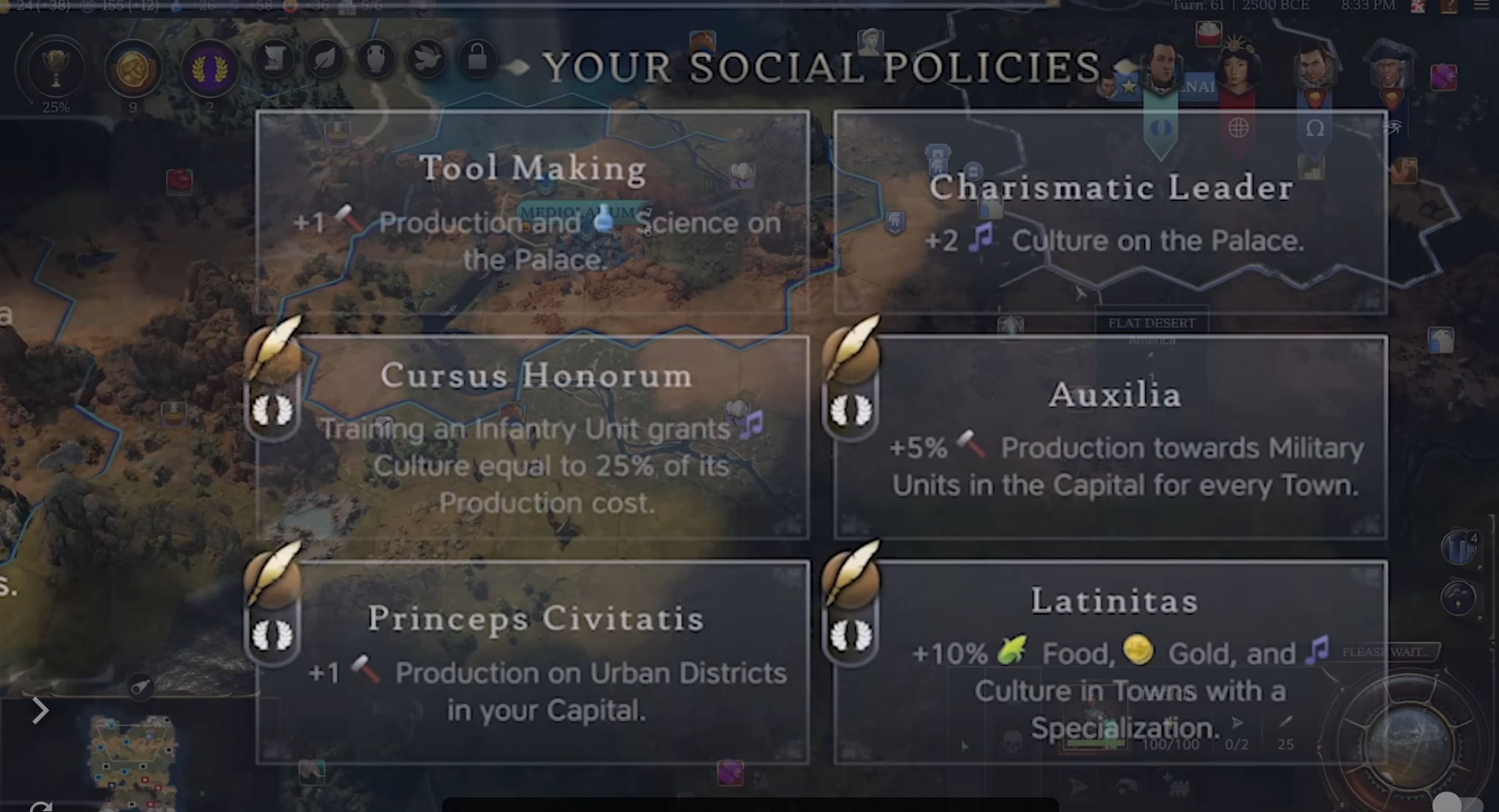
3.1 Domination Victory
- Tech towards iron-working and early siege units
- Pick Iron Legion for combat and unit speed
- Scout for weak targets early and use policy cards that boost production and attack
3.2 Science Victory
- Focus tech on Writing and Campus development
- Build the Oracle for Great Scientists
- Partner with scientific city-states
- Use Artistic Awakening to accelerate civics that boost science
3.3 Culture Victory
- Research techs unlocking Theater Squares
- Build the Pyramids to improve builder efficiency
- Choose Artistic Awakening to gain an edge in culture and Great People
- Start collecting Great Works early
3.4 Diplomatic Victory
- Focus on envoys and early city-state diplomacy
- Take the Golden Age legacy path for economic and diplomatic leverage
- Build the Oracle for envoy boosts
- Trade actively and establish Open Borders to build trust
Part 4: Common Classical Era Challenges and Solutions
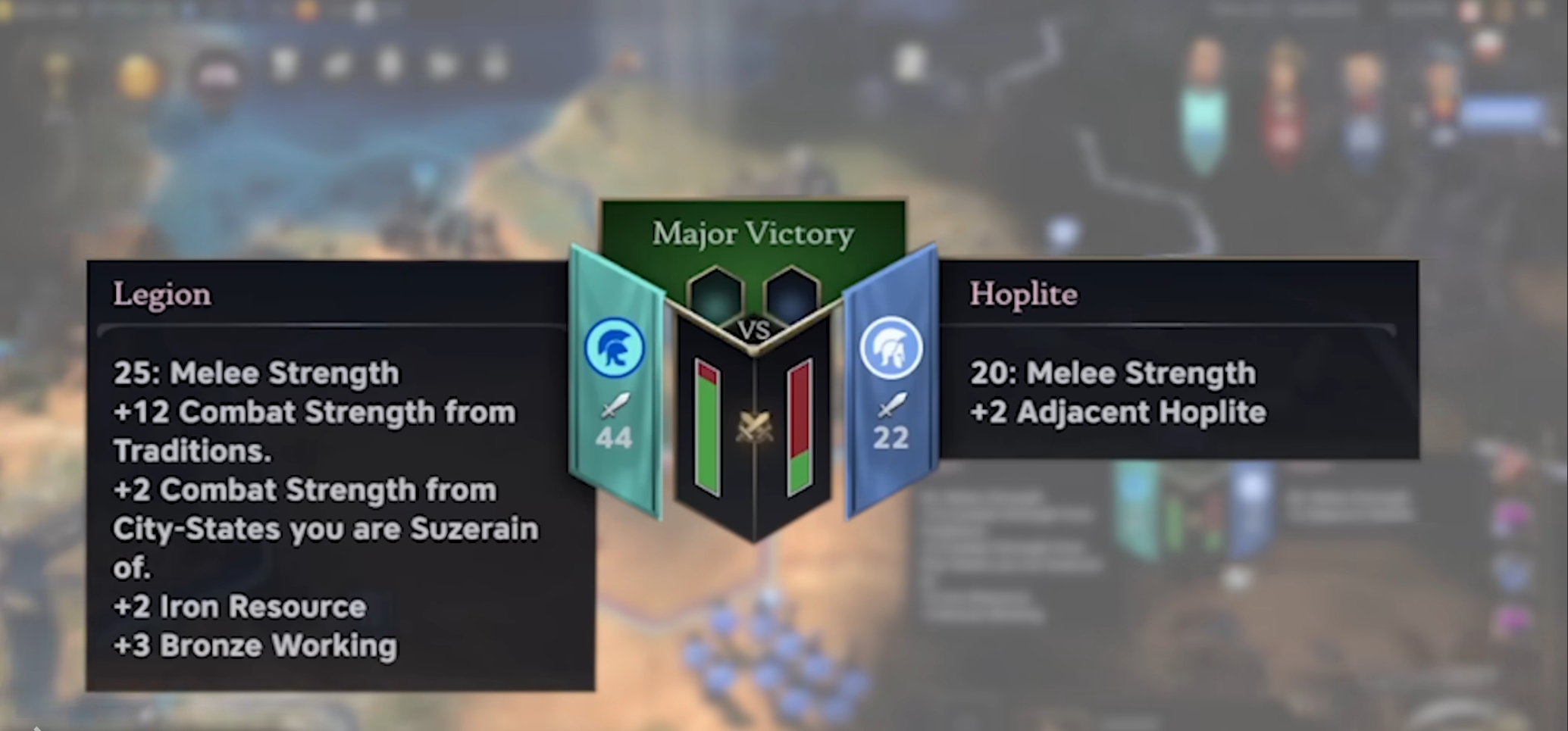
4.1 Amenity Shortages from Early Expansion
- Secure luxury resources and build Entertainment Complexes
- Get bonus amenities through city-states and wonders
4.2 Early Military Threats
- Keep a standing army
- Build walls early
- Use terrain and diplomatic pacts to avoid aggression
4.3 Resource Shortages
- Scout aggressively for resource-rich tiles
- Trade surplus goods with neighbors
- Tech into resource extraction ASAP
4.4 Lagging Cultural Development
- Build Monuments early
- Recruit Great People
- Ally with culture city-states
- Leverage natural wonders that boost culture
Part 5: Expert Tips for Dominating the Classical Era
- Scout Early: The more map knowledge, the better your decisions
- Plan City Placement: Favor rivers, hills, and resource hubs
- Build Critical Infrastructure First: Granaries, Monuments, and Libraries are key
- Adapt Policy Cards Frequently: Switch policies to match your situation—war, peace, or growth
Conclusion
The Classical Era is more than just a stepping stone—it’s the bedrock upon which your future empire is built. Every choice you make echoes forward, influencing your cultural reach, military strength, economic prowess, and diplomatic standing. By mastering city-state dynamics, leveraging key units and wonders, and aligning your strategy with your victory goals, you’ll rise with the city-states and forge a civilization that stands the test of time.